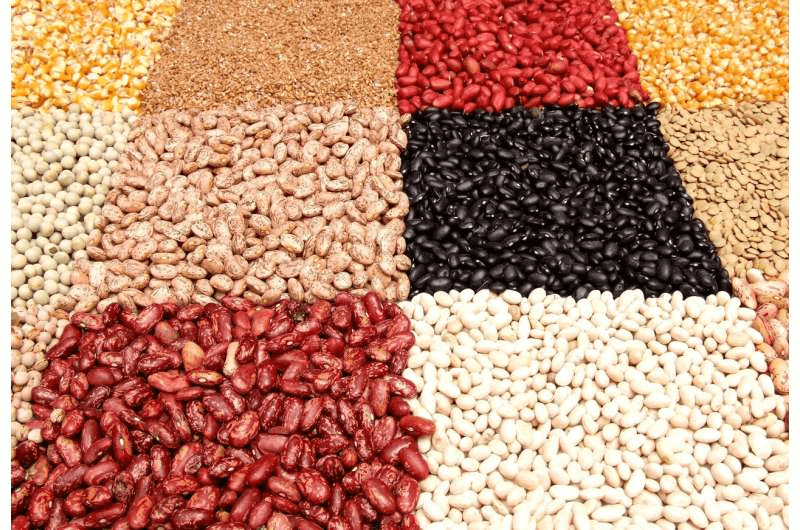One of Nigeria’s standout accomplishments is the commercialisation of genetically modified (GM) crops, a significant milestone that has garnered attention from the global agricultural community. Notably, the country has introduced Bt Cotton and Pod Borer Resistant (PBR) Cowpea into the market, while eagerly anticipating the forthcoming commercialisation of Tela Maize, a transgenic maize variety. These advancements in biotechnology have demonstrated Nigeria’s commitment to enhancing agricultural productivity and ensuring food security.
The impact of Nigeria’s efforts extends beyond its borders. Neighboring African countries have increasingly regarded Nigeria as a beacon of success in biotechnology and biosafety. Delegations from Ghana, Ethiopia, Mozambique, and Burkina Faso have embarked on study tours to learn from Nigeria’s robust regulatory and implementation frameworks.
During these visits, Nigeria has showcased its accomplishments through events such as the “Eating is Believing” initiative, where the public had the opportunity to experience the taste of the PBR Cowpea variety. These interactions have not only offered a practical understanding of the advancements but have also fostered collaboration and knowledge exchange among nations.
…
Nigeria’s commitment to responsible biotechnology deployment has led to substantial yield increases, such as a significant jump from 350kg of non-Bt cowpea to 2.9 tons/hectare of Bt cowpea.































